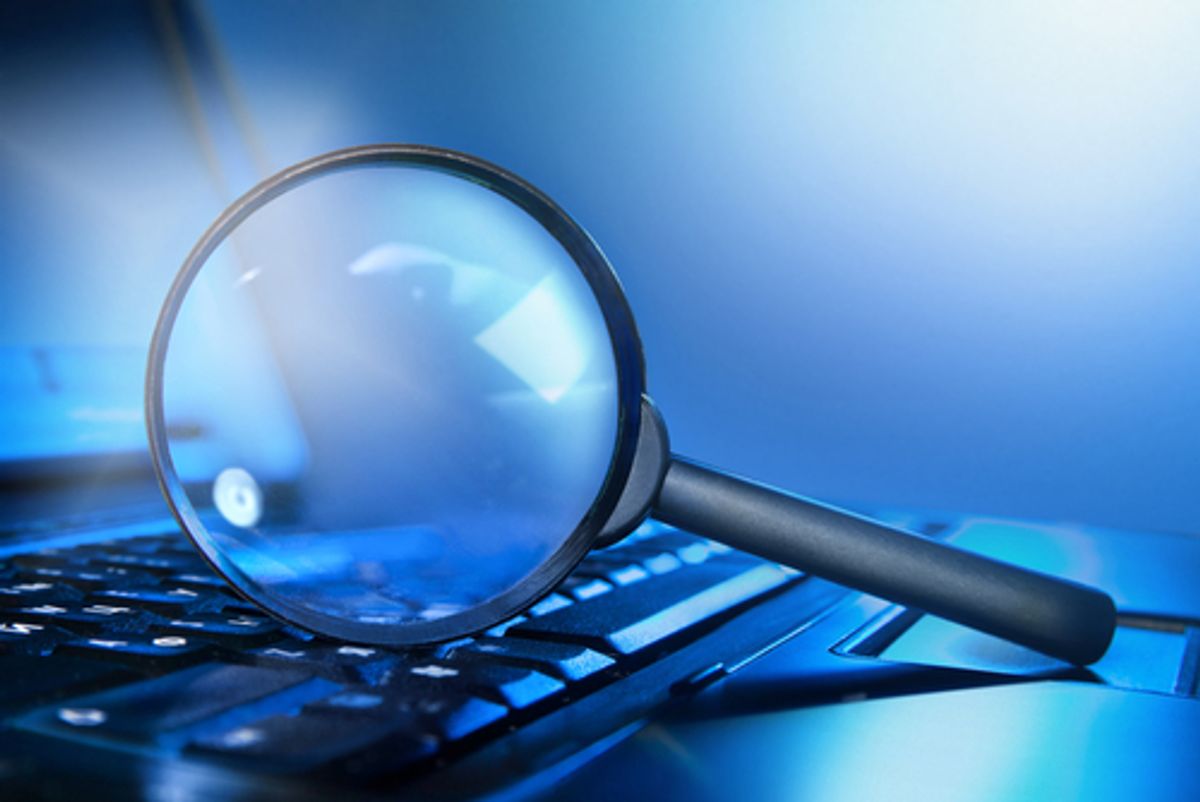With the progression of the Cyber Intelligence Sharing and Protection Act through the House and onto the Senate floor, privacy advocates, hackers and online activists are urging an amping up of anti-CISPA protests. A number of Anonymous-affiliated sites and other supportive organizations have agreed to an online blackout Monday. "Hundreds are joining, but the list is still woefully short of prestigious names and services that would secure at least a passing glance by those with the power to stop the bill going through," noted ZDNet's Charlie Osborne. While a similar coordinated blackout effort, spearheaded by late technologist Aaron Swartz, helped successfully kill SOPA (the Stop Online Privacy Act) in 2012, the anti-CISPA effort appears minimal in comparison. The key difference is that while tech giants including Wikipedia, Reddit and Google took part in SOPA protests, such major tech players are actually onboard with CISPA. Osborne notes:
A Stop CISPA group on Facebook has been formed, and hashtags #CISPABlackout and #StopCISPA have trended at various times this morning. It'll be interesting to see if the trends continue to gain traction as the day progresses, but the difference between this and the last 'blackout' is profound.
While a number of well-known websites chose to block themselves in protest to SOPA, 28 large tech companies backed the CISPA bill from the start — IBM and Intel among the bill's fans. When the threat of the Stop Online Piracy Act surfaced, Wikipedia and Reddit blacked out for a day on February 18. Google chose not to completely censor its search results, but did publicly acknowledge its support of the cause, and highlighted the issue on its home page, something that would have brought the bill to light for hundreds of thousands of online users in a single day.
Rebecca Greenfield at the Atlantic explained that, unlike in the SOPA case, "these organizations like the law [CISPA] because it makes it easier for them to share data about hacking without getting in trouble. In the last few months alone Apple, Facebook, and Twitter have all made a public to do about their company's security breaches." But, as privacy advocates like the EFF have stressed, and Anonymous emphasize, CISPA's latest iteration is plagued with problems relating to privacy protection. The legislation would allow the private sector to acquire and search sensitive data relating to U.S. citizens. "Blanketed under the guise of using such sharing — without court-ordered warrants — in order to combat cybercrime, data including health records, banking and online activity could be shared without anonymization," noted Osborne.
Meanwhile, according to a Hackers News Bulletin, Anonymous complemented Monday's blackouts by enforcing some websites to go involuntarily dark. According to the report, Copyright.gov, the U.S.'s copyright website was temporarily taken down by hackers. At the time of writing, the government website is again functioning as normal.

Shares